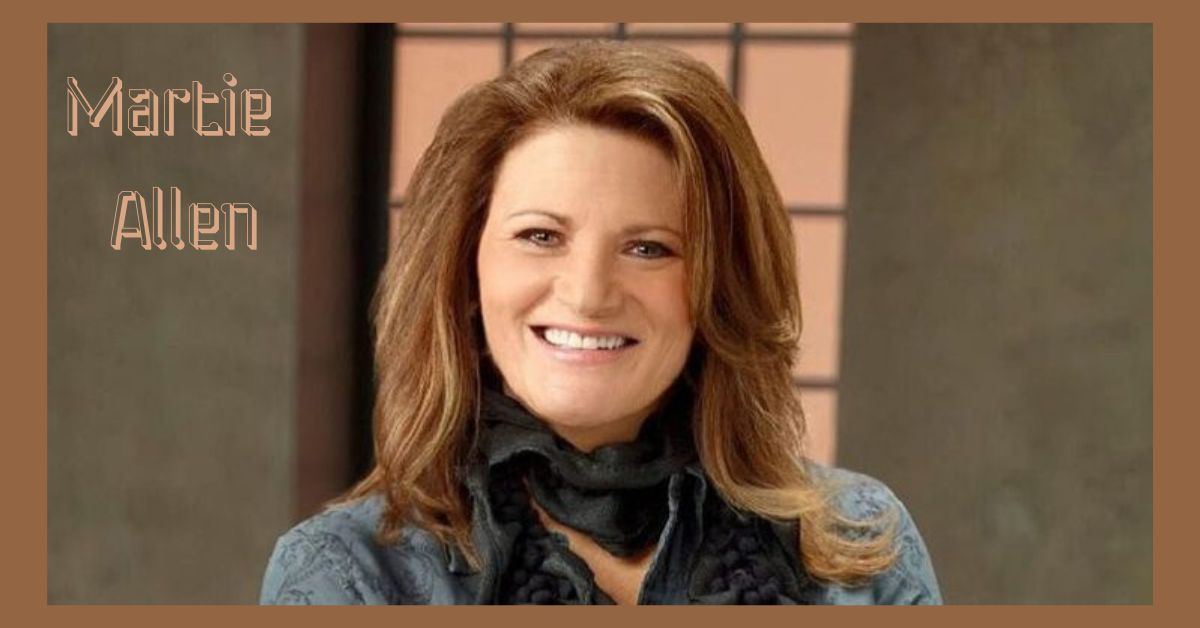It is difficult to deny the effect that your seating arrangement has on the overall mood and outcome of your event. Whereas a good seating arrangement leads to comfort improved customer experience, an inappropriate set up could create confusion and communication barriers.
One of best ways of conveying the meeting theme and expectations is through a thoughtful, properly-guided sitting arrangement. It turns out that a little psychological tweak in the seating arrangement can help get a desirable response from the audience.
Different events call for different seating arrangements. For instance, a boardroom arrangement would be right for a staff meeting. Nevertheless, you should understand the various types of seating arrangements that work well for different events.
Therefore, in this article, we will discuss five of the most common seating arrangements in details. We will also discuss the pros and cons of every seating arrangement, and suggest some occasions in which you may employ each arrangement.
Chevron’s Arrangement
Chevron’s seating arrangement is designed to reduce congestion while opening up the seating space. The seats are arranged in short and angled rows, creating a walkway between each group of seats.
The chevron seating arrangement is mainly used during conferences or talks. The speaker is able to analyze the audience while every member of the audience has a clear line of sight with the speaker.
The Chevron seating arrangement best suits smallest conferences, training sessions, and audience presentations.
Pros:
- It opens up the seating space by grouping the seats.
- It provides a clear walkway between the groups for easier access to the seating space.
Cons:
- Usually used for smaller audiences, it is not suitable for larger presentations.
- People may have an obstructed line of sight if the seats are not spaced or staggered apart.
Banquet Arrangement
Banquet seating arrangements are used to cluster people in small groups around a round table. Usually, each table is surrounded by 4-6 seats.
The most common events that employ the banquet seating arrangement include weddings, elite parties, and charity events.
Pros:
- It is easier for people to socialize and network when seated in a banquet arrangement.
- It offers comfort and relaxation due to ample personal space.
Cons:
- It makes it difficult to interact with other people sitting around a different table.
- The seating space may become noisy due to different individual chatters from different tables.
Cabaret Arrangement
The cabaret seating arrangement is similar to the banquet arrangement but differs in seating proximity.
The number of seats in a cabaret arrangement is less than in a banquet arrangement. Thus, people sit closer to one another in a cabaret seating arrangement.
The cabaret seating arrangement is very common in restaurants where families and loved ones connect as they eat together. Additionally, you can use a cabaret seating arrangement in an award show, a bar, or an interactive training session.
Pros:
- Custom furniture solutions allow you to match the cabaret seating arrangement with the theme of the premises.
- Enhances networking and socializing by letting people sit close to each other.
Con:
- It can easily cause cluttering in the seating space because of multiple tables and seats.
Hollow Square Arrangement
The hollow square arrangement features several seats arranged around multiple tables. All the table edges are arranged in a manner that they form a square space in between them.
The hollow square seating arrangement can accommodate more people compared to the banquet seating arrangement.
Additionally, people sitting in a hollow square arrangement have some personal space and can interact with people seated across different positions. Workshops and larger meetings usually adopt the hollow square arrangement.
Pros:
- Promotes simultaneous eating, working, and socializing.
- Each person can see and discuss with the other across the table.
- It helps decongest the seating space by spreading out the seats across a wider area.
Cons:
- It does not promote floor space maximization.
- It is unsuitable for presentations since people are seated all around the square hollow.
Boardroom Arrangement
The boardroom seating arrangement features a long table with two seats positioned at the far opposite ends of the table. Additionally, there are other seats facing each other along the table’s length.
Boardroom seating arrangements are suitable for conferences, business meetings, and brainstorming sessions.
Primarily, the chairperson heading a meeting sits at the far end of the table while the other members sit facing each other.
Pros:
- It facilitates visual presentations across the table.
- It helps center the member’s attention towards the speaker or the meeting’s chairperson.
Con:
- People further from the speaker may have difficulty hearing the proceedings.
Conclusion
Whether it is an event or a business setting, the seating arrangement you select will determine the customers’ (attendees for an event) experience. As such, ensure you select a seating arrangement that offers comfort and efficiency.












